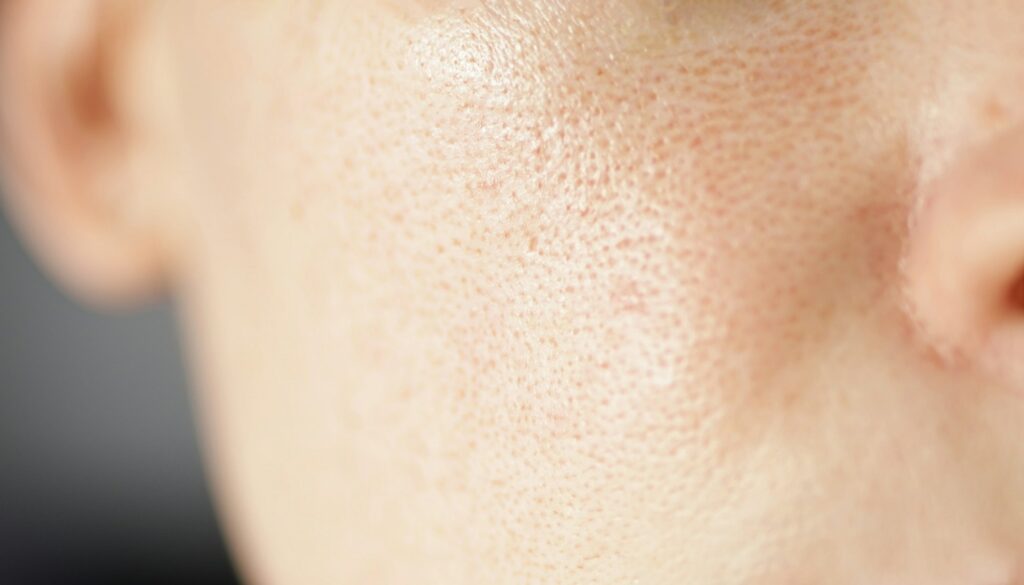New Step by Step Map For benzoyl peroxide redness
New Step by Step Map For benzoyl peroxide redness
Blog Article

Allergic Reaction to Acne Medication
Acne is a common pores and skin condition that affects numerous men and women all over the world. Though there are numerous treatment plans out there, ranging from around-the-counter creams to prescription prescription drugs, not all treatment options are acceptable for everyone. A person considerable issue would be the potential for an allergic reaction to acne medication. This article will take a look at what an allergic reaction to acne medication entails, the signs or symptoms to Be careful for, and how to control and stop these types of reactions.
Knowledge Allergic Reactions
An allergic reaction happens if the immune procedure mistakenly identifies a harmless compound as a threat and responds by releasing chemicals like histamines. These chemicals trigger signs and symptoms that will range from moderate to intense. When it comes to acne medication, the substances in these products and solutions can sometimes result in an allergic response.
Prevalent Acne Drugs
Prior to diving into allergic reactions, It is really necessary to comprehend the kinds of acne medications that are commonly used:
Benzoyl Peroxide: An above-the-counter treatment that kills microorganisms and dries out the pores and skin. - Salicylic Acid: A further over-the-counter alternative that can help to exfoliate the pores and skin and unclog pores.
Retinoids: Prescription medicines that encourage mobile turnover and stop clogged pores. Antibiotics: Each topical and oral antibiotics may be prescribed to cut back germs and inflammation. Hormonal Treatment options: Medicines like birth control products that control hormones and minimize acne.
Indications of an Allergic Response to Acne Medication
Recognizing the signs or symptoms of an allergic response to acne medication is critical for well timed intervention. Signs or symptoms may vary according to the unique and the specific medication but frequently contain:
Skin Redness: Pink, inflamed pores and skin is a common signal of the allergic response. - Itching: Persistent itching can suggest an allergic response.
Swelling: Swelling of your confront, lips, or tongue generally is a intense symptom. - Rash: A rash or hives could produce to the pores and skin.
Problem Respiration: In significant situations, an allergic reaction can result in trouble breathing, which necessitates speedy professional medical awareness.
Circumstance Reports and Statistics
To higher realize the prevalence and influence of allergic reactions to acne medication, Let's take a look at some case scientific tests and figures:
Circumstance Research 1: Benzoyl Peroxide Allergy
A seventeen-calendar year-old feminine started off employing a benzoyl peroxide-primarily based acne cure. Within just a few days, she observed severe redness and itching on her face. Upon consulting a dermatologist, she was benzoyl peroxide reaction diagnosed with an allergic reaction to benzoyl peroxide. She was advised to discontinue the medication and change to the milder, non-allergenic treatment method.
Situation Review 2: Retinoid Reaction
A 22-12 months-old male was prescribed a retinoid cream for extreme acne. After a week of use, he produced a rash and swelling all around his eyes. His dermatologist confirmed an allergic reaction on the retinoid and proposed another cure strategy.
Studies
In line with a analyze published during the Journal on the American Academy of Dermatology, about five-ten% of individuals working with topical acne treatment options experience some kind of allergic reaction. Though most reactions are moderate, about one-two% of instances could be critical, necessitating rapid professional medical intervention.
Managing Allergic Reactions
In the event you suspect that you are encountering an allergic reaction to acne medication, it's essential to choose instant motion:
Discontinue Use: Halt utilizing the medication right away. Check with a Healthcare Experienced: Find suggestions from a dermatologist or healthcare provider. Use Antihistamines: In excess of-the-counter antihistamines may help relieve mild signs and symptoms. - Implement Chilly Compresses: Cold compresses can cut down swelling and itching.
Find Unexpected emergency Treatment: When you knowledge severe indicators like issue breathing, seek out unexpected emergency professional medical care instantly.
Avoiding Allergic Reactions
Avoidance is usually a lot better than treatment. Here are a few suggestions to assist prevent allergic reactions to acne medication:
Patch Examination: Generally execute a patch examination just before using a new acne medication. Utilize a little sum to your discreet area of pores and skin and wait around 24-48 hrs to see if any response occurs. Browse Labels: Cautiously go through the component record on acne prescription drugs to discover likely allergens. Seek the advice of a Dermatologist: Before starting any new treatment, talk to a dermatologist to make certain it's appropriate for the skin style. Start out Gradually: Introduce new medicines slowly to monitor how the skin reacts. Use Hypoallergenic Products and solutions: Select hypoallergenic acne solutions that happen to be less likely to cause allergic reactions.
Option Treatment plans
In case you have experienced an allergic reaction to standard acne remedies, you will find substitute solutions readily available:
Pure Solutions: Components like tea tree oil, aloe vera, and honey have anti-inflammatory and antibacterial properties that will help handle acne with out causing allergic reactions. Light-weight Therapy: Blue gentle therapy can get rid of acne-triggering microbes with no usage of chemicals. Dietary Alterations: Sometimes, dietary modifications will help control acne. Lowering sugar and dairy ingestion has been demonstrated to enhance pores and skin overall health in certain persons.
Conclusion
Allergic reactions to acne medication is often distressing, but They may be workable with the right expertise and safety measures. By knowing the signs or symptoms, having speedy motion, and consulting Health care industry experts, you could effectively manage and forestall allergic reactions. Generally complete patch exams, read labels, and consult a dermatologist before starting any new treatment. If regular acne medicines are not appropriate for you, think about choice treatments which might be more unlikely to bring about allergic reactions. Your journey to apparent pores and skin doesn't have for being hindered by allergies; with the proper method, you will discover a therapy that actually works to suit your needs. Report this page